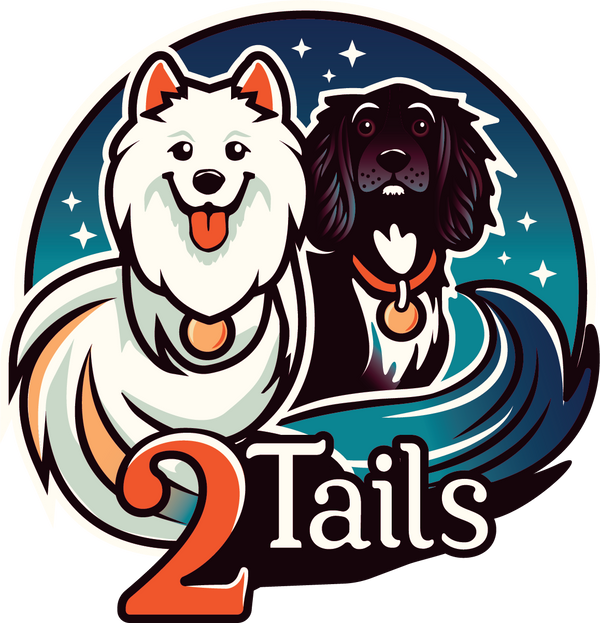Spring Risks for Dogs That You Need to Avoid
Spring brings a change in conditions for dog care professionals, as they transition from cold, rainy walks. However, this season also introduces various risks. Cleaning products, plants, fertilisers, stagnant water, and ticks present hazards that require attention to ensure the health and safety of dogs.
Lambs, ducklings, and goslings
During spring walks, keep dogs on a lead near lambs, ducklings, and goslings to protect them from harm. Always pick up dog faeces; it can carry diseases harmful to livestock.
Plants and foliage
Spring brings beautiful plants, but some can be toxic to dogs. Avoid bulb flowers like daffodils and tulips. Since identifying toxic plants can be challenging, it's best to prevent dogs from eating any foliage.
Fleas and ticks
During the spring season, fleas and ticks pose a significant risk to dogs as they can carry parasites and harmful bacteria. It is essential for dog care professionals to be prepared with tick removal tools during walks to ensure the health and safety of the animals in their care.
Spring plug-ins and air fresheners
Spring plug-ins and air fresheners are toxic to pets, causing hot spots, skin irritations, and neurological issues. Dog care professionals should use natural methods to freshen their homes.
Grass seeds
As summer approaches, grass seeds can harm dogs by penetrating their skin and causing infections that may need surgery. If they attach to a dog's eye, it can lead to blindness or eye removal. Avoid long grass during walks.
Adders in some UK areas can also make dogs very ill. Owners should train recall and seek emergency care if bitten.
Insect stings
In the spring, dogs may be stung by bees, mosquitoes, and other insects. This can cause pain and result in swelling, crying, limping, and drooling, among other signs of discomfort. These bites can be concerning if a dog experiences an allergic reaction. If this occurs – with symptoms such as hives, swelling, difficulty breathing, vomiting, and diarrhoea – owners should consult an emergency veterinarian.
Seasonal allergies
Dogs can suffer from seasonal allergies, causing itchiness, infections, and digestive issues. Supplements can help ease these symptoms.
Cleaning products
Many spring-cleaning products can be toxic for dogs. Laundry detergents, drain cleaners, bleach products, and essential oils can harm them. Key harmful ingredients include bleach, alcohol, ammonia, phthalates, chlorine, and hydrogen peroxide.
Garden chemicals
As dogs spend more time in the garden during spring, it is important for dog care professionals to be aware of potential toxins in the environment. Fertiliser, weed killers, rat poison, and slug killer are some garden products that can pose risks to dogs.
Spring foods
Although spring foods may be enjoyable for humans, certain seasonal items should not be given to dogs. For instance, raisins, currants, onions, and cooked bones are toxic to dogs and must be avoided.


